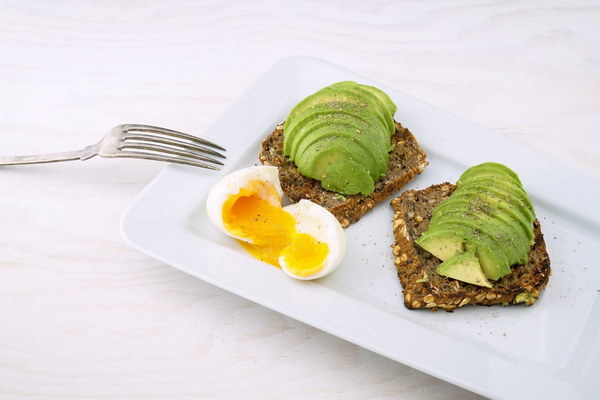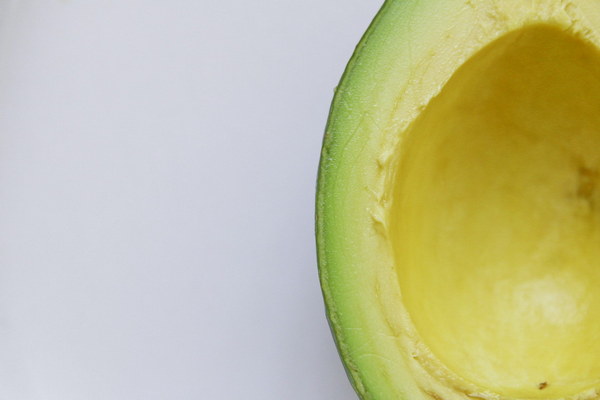The Anti-Aging Power of Phospholipids Can They Really Slow Down the Aging Process
Introduction:
As we age, the quest for eternal youth and anti-aging solutions has become more prevalent than ever. One of the latest buzzwords in the beauty industry is phospholipids. But what exactly are phospholipids, and can they really help us slow down the aging process? In this article, we will delve into the world of phospholipids and explore their potential anti-aging properties.
What are Phospholipids?
Phospholipids are a type of lipid molecule that make up the majority of cell membranes in our bodies. They consist of a glycerol backbone, two fatty acid tails, and a phosphate group. This unique structure allows phospholipids to form a lipid bilayer, which is essential for maintaining the integrity and function of our cells.
The Importance of Phospholipids in the Body
Phospholipids play a crucial role in our bodies, as they are involved in various physiological processes. Some of their key functions include:
1. Cell Membrane Structure: Phospholipids are the primary components of cell membranes, which protect and regulate the entry and exit of substances into and out of the cell.
2. Hormone Regulation: Phospholipids are precursors to various hormones, such as estrogen, testosterone, and cortisol, which play a significant role in maintaining hormonal balance.
3. Brain Function: Phospholipids, particularly phosphatidylcholine, are essential for brain health. They are a major component of the brain's cell membranes, which are crucial for cognitive function.
4. Cholesterol Metabolism: Phospholipids help regulate cholesterol levels in the body, reducing the risk of cardiovascular diseases.
Can Phospholipids Slow Down the Aging Process?
With their numerous benefits, it's no surprise that many people are interested in the potential anti-aging effects of phospholipids. Here's how they may help slow down the aging process:
1. Cell Membrane Integrity: As we age, our cell membranes become more susceptible to damage from free radicals and environmental stressors. Phospholipids' ability to maintain cell membrane integrity can help protect our cells from aging-related damage.
2. Collagen Production: Phospholipids, particularly phosphatidylserine, have been shown to stimulate collagen production. Collagen is a crucial protein responsible for maintaining skin elasticity and firmness, so increasing collagen levels can help reduce the appearance of wrinkles and fine lines.
3. Inflammation Reduction: Chronic inflammation is a significant contributor to aging. Phospholipids have anti-inflammatory properties, which can help reduce inflammation and slow down the aging process.

4. Brain Health: By maintaining healthy cell membranes in the brain, phospholipids can help preserve cognitive function and reduce the risk of age-related cognitive decline.
How to Incorporate Phospholipids into Your Diet
To reap the anti-aging benefits of phospholipids, you can incorporate them into your diet through various sources:
1. Foods High in Phospholipids: Foods rich in phospholipids include eggs, soybeans, flaxseeds, walnuts, and sunflower seeds.
2. Supplements: If you're looking to increase your phospholipid intake, you can consider taking phospholipid supplements, such as phosphatidylcholine or phosphatidylserine.
Conclusion:
While more research is needed to fully understand the anti-aging potential of phospholipids, the current evidence suggests that they can indeed help slow down the aging process. By maintaining cell membrane integrity, reducing inflammation, and supporting brain health, phospholipids may be the key to a healthier, more youthful you. So, why not add more phospholipid-rich foods to your diet or consider a supplement to unlock their anti-aging power?









